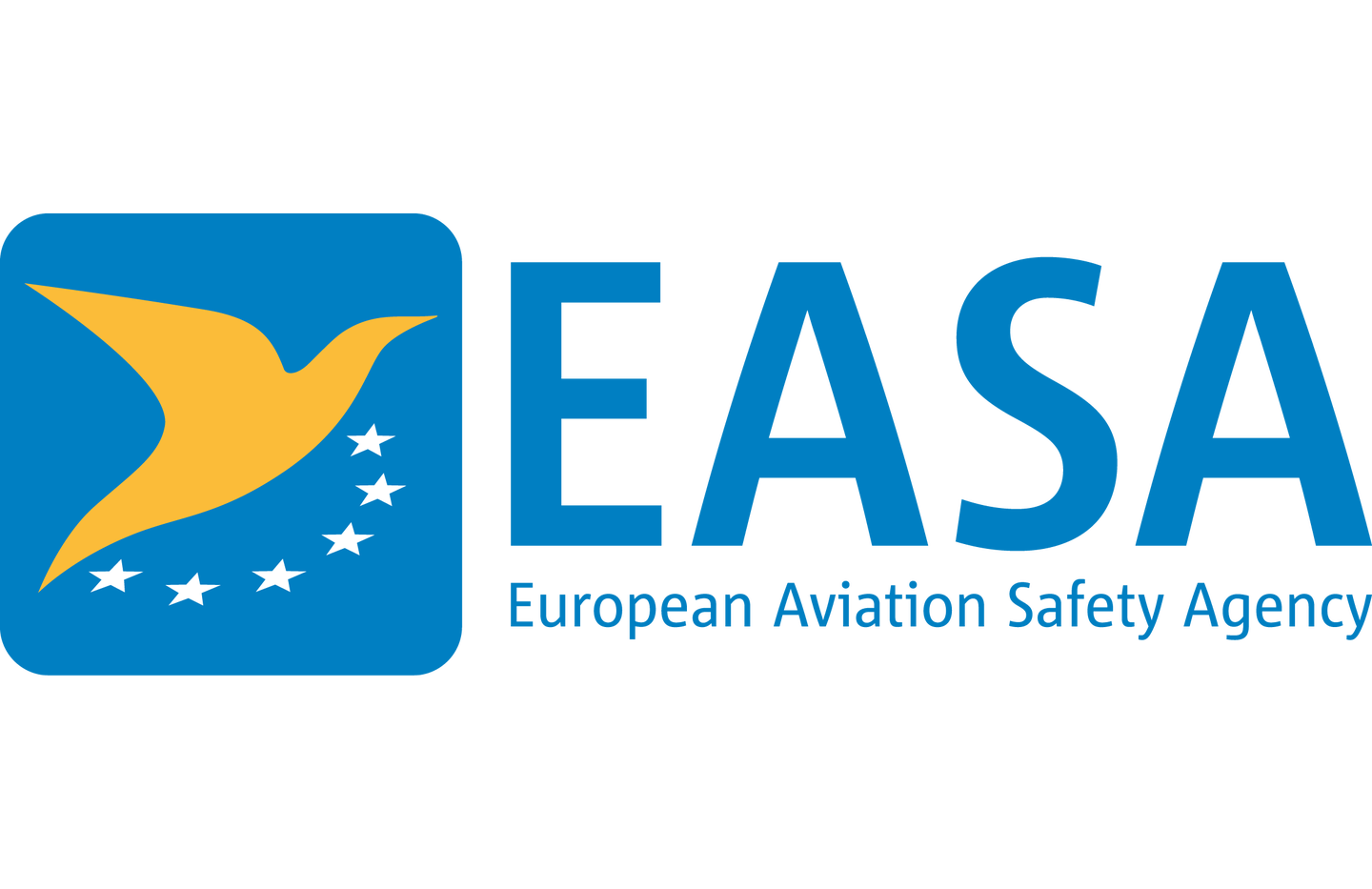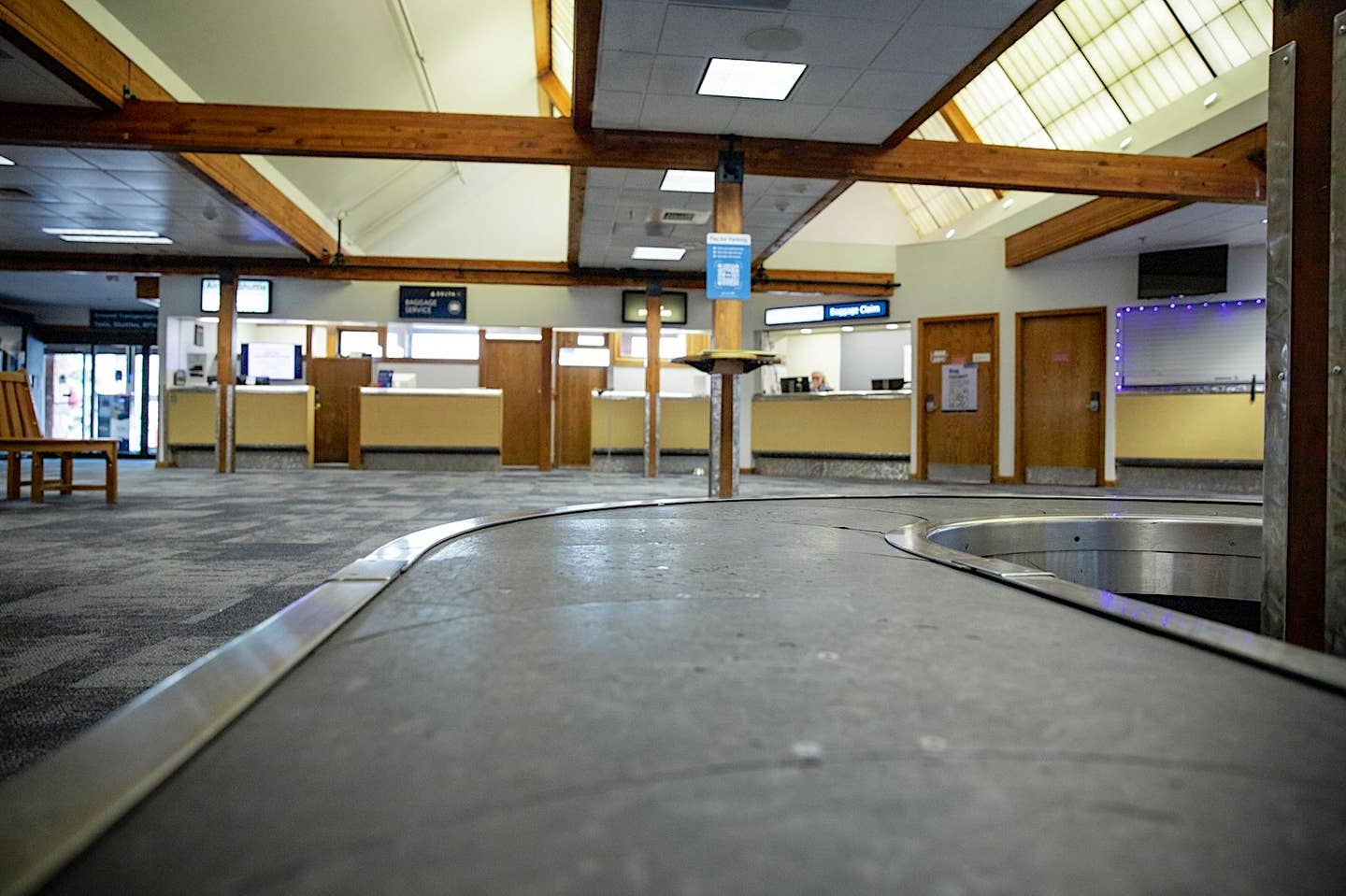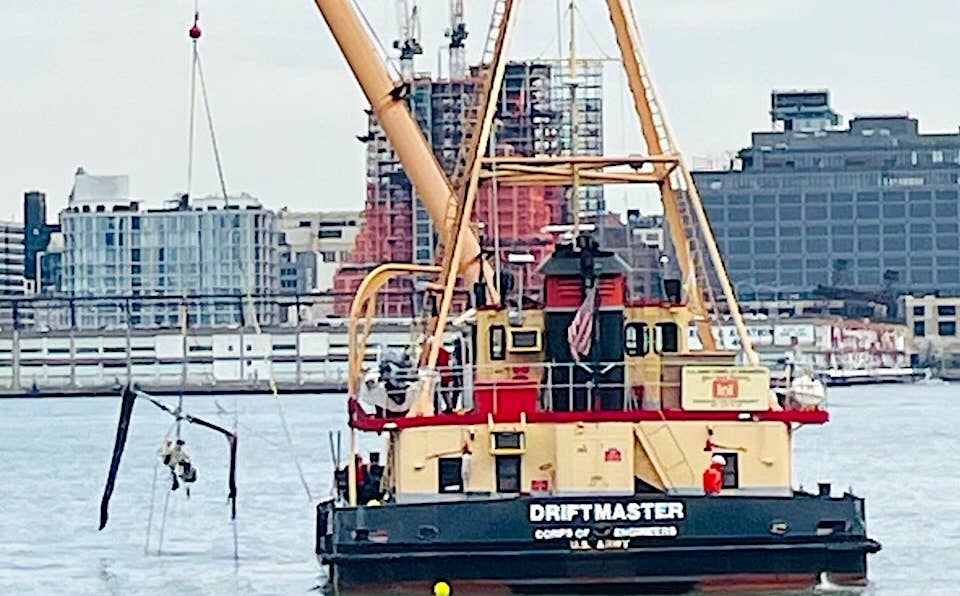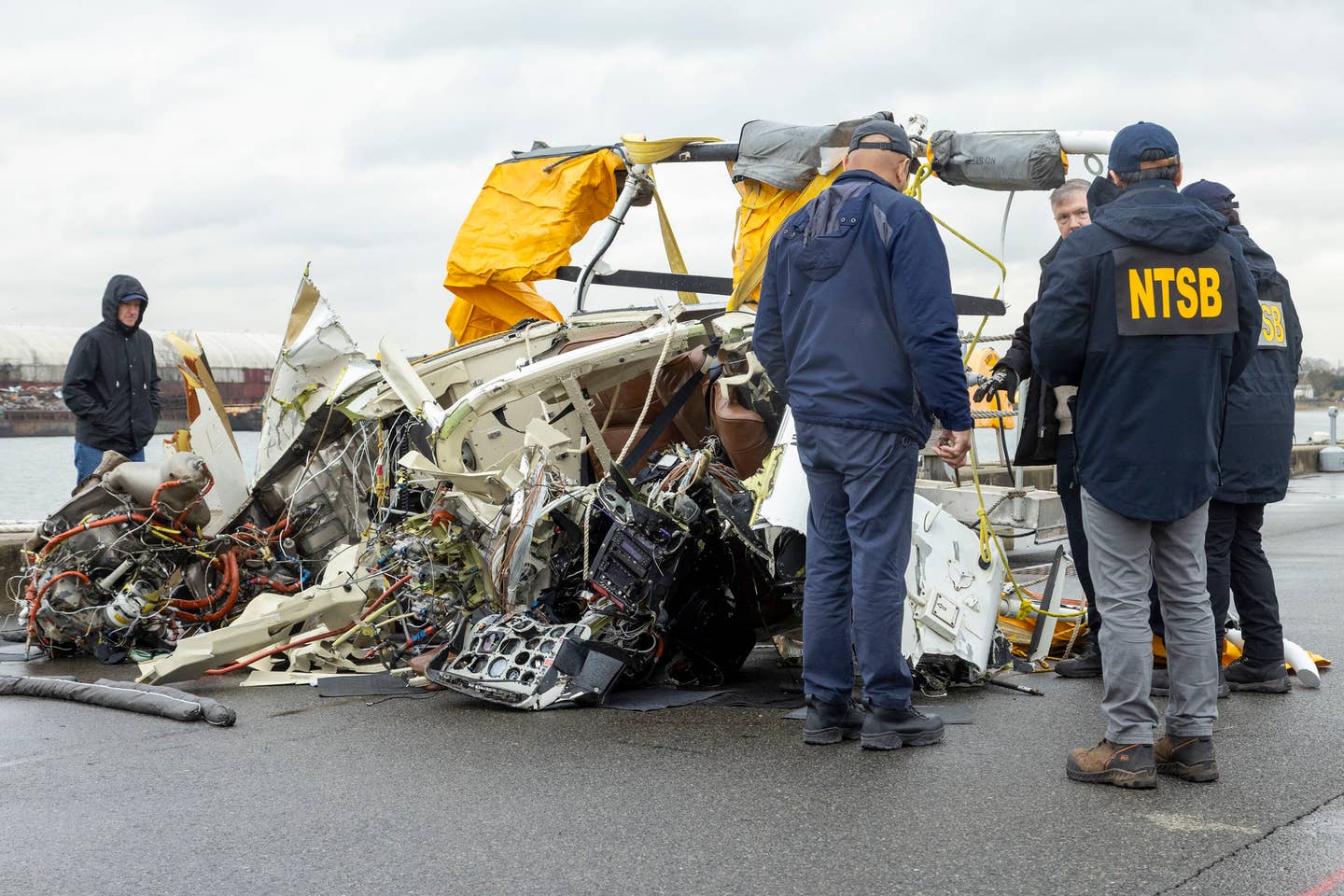EASA Warns Of GNSS Outages Near Ukraine
The European Union Aviation Safety Agency (EASA) published a Safety Information Bulletin (SIB) on Thursday warning that the likelihood of intermittent Global Navigation Satellite Systems (GNSS) outages has increased following…

Image: EASA
The European Union Aviation Safety Agency (EASA) published a Safety Information Bulletin (SIB) on Thursday warning that the likelihood of intermittent Global Navigation Satellite Systems (GNSS) outages has increased following Russia's invasion of Ukraine. According to the agency, it has received reports that indicate there has been a rise in GNSS “jamming and/or possible spoofing in geographical areas surrounding the conflict zone and other areas” since the conflict began on Feb. 24. EASA identified four regions of concern including the Russia’s Kaliningrad region and the surrounding Baltic Sea, eastern Finland, the Black Sea and the eastern Mediterranean.
“The effects of GNSS jamming and/or possible spoofing were observed by aircraft in various phases of their flights, in certain cases leading to re-routing or even to change the destination due to the inability to perform a safe landing procedure,” EASA wrote in the SIB. “Under the present conditions, it is not possible to predict GNSS outages and their effects.”
EASA noted that GNSS signal degradation could lead to an array of issues such as the inability to use GNSS for waypoint navigation, loss of area navigation (RNAV) approach capabilities, inaccurate terrain warnings, inconsistent aircraft position on navigation displays and potential airspace infringements and route deviations. The agency is recommending that national aviation authorities make sure contingency plans are established and issue warnings describing affected areas as needed. Recommendations for operators include assessing the risks and limitations associated with the loss of on-board GNSS capability, considering operational limitations of aircraft flying in affected areas and ensuring the availability of alternate approach and arrival procedures. EASA also asked that operators and agencies report and collect information on any GNSS interruptions, degradations or anomalous performance experienced.






